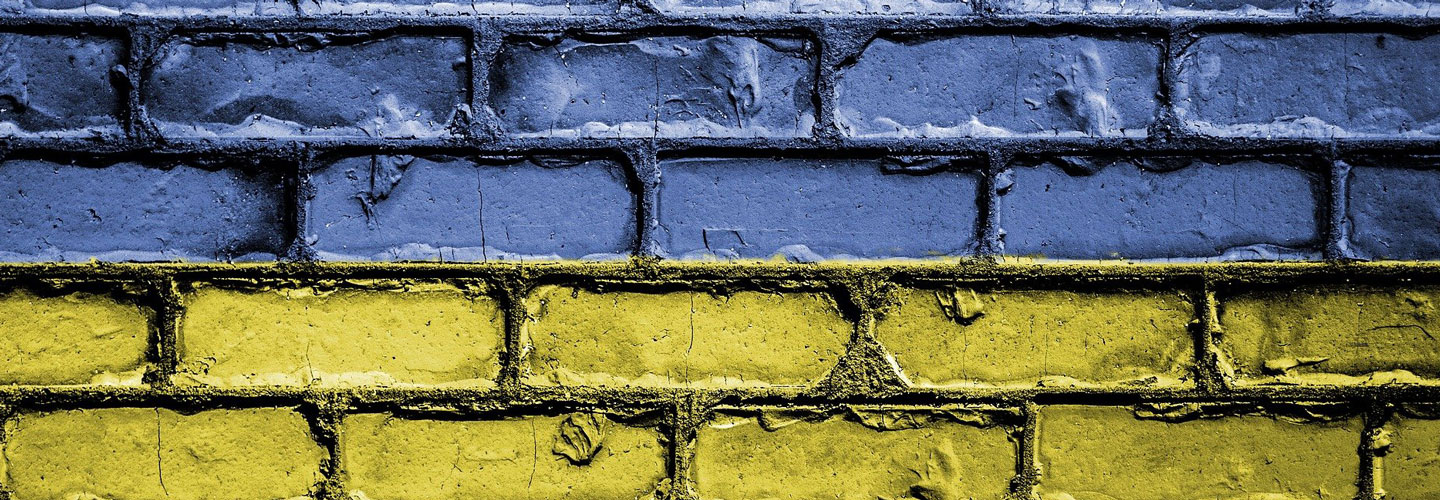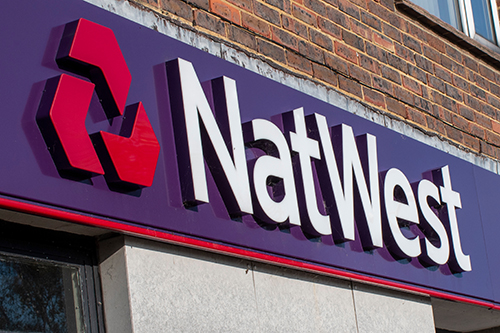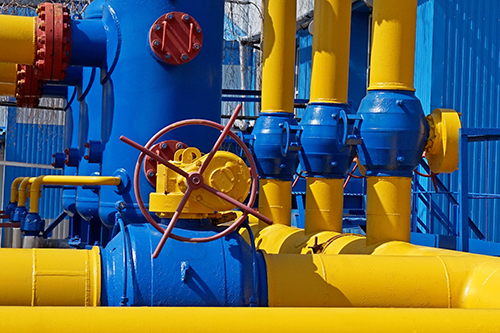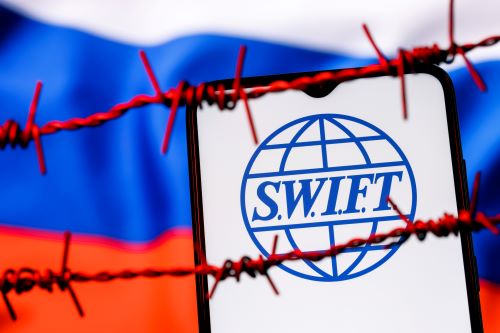Amid Vladimir Putin’s soldiers' advances in Ukraine, world governments continue to apply economic sanctions to Russian assets and those with ties to the offensive regime.
The pressure continues for the UK government to impose ever-more severe sanctions against more influential Russian billionaires as various European countries have started to confiscate assets such as cars, yachts, and property. There have been suggestions that the confiscation process against a wider pool of oligarchs and anyone else connected to the Putin regime could take weeks to implement in the UK.
Roger McCormick is a former City lawyer and Honorary Senior Visiting Fellow at the Centre for Banking Research at Bayes Business School. He says questions have been asked for a long time over why so many apparent Russian oligarchs can possess expensive residential properties and other assets in the UK, often suspected to be financed by ill-gotten funds, when the UK is supposed to have sophisticated anti-money laundering laws (AML).
Mr McCormick says while London is arguably the world's leading financial centre, it has also been accused of being the "money laundering capital of the world".
Here, he reviews some aspects of the UK's measures affecting oligarchs and their assets.
“The legal backdrop to anti-oligarch measures takes different forms and the effectiveness of the various laws and regulations, especially AML, has been the subject of much analysis and comment. In the UK, these measures fall broadly into three categories: AML, unexplained wealth orders (UWOs), and sanctions.
Anti-money laundering laws
“AML stems from the "proceeds of crime" laws and is aimed at requiring banks to report "suspicious" transactions to the authorities. It has been problematic in its implementation with concerns raised about "over-reporting" by nervous banks, who are wary of incurring huge fines, and some notable spectacular failures by banks to spot egregious instances of money laundering (with huge fines being imposed as a result).”
Unexplained wealth orders
“A UWO can be served by any one of several empowered authorities on "politically exposed persons" – essentially people in public positions and their associates – or people suspected of serious crime and require them to explain how they came by, for example, a very valuable residential property. Their ability to deal with the property can be frozen and, ultimately, confiscation is possible, absent a satisfactory explanation. But the authority taking this action must get the court's permission and must show "reasonable grounds" for its suspicions. In the few cases where UWOs have been sought there have been some successes but also failure and the process is very expensive for the public purse – one unsuccessful case gave the Government a 1.5 million legal bill. UWOs are a recent development, brought into UK law in 2017, and have, so far, been used sparingly for reasons explained in a Parliamentary briefing paper published in February 2022.”
Sanctions
“Sanctions are, legally, less complicated. By their nature, they tend to arise in extreme circumstances, such as the Russia-Ukraine conflict, where the public mood often supports measures which otherwise would likely be considered too draconian. Under the relevant UK legislation, the Government can simply "designate" a person as subject to a sanction, such as freezing of assets, if it has reasonable grounds for suspecting that person falls within a broadly defined category of involvement with the Russian government or the Ukraine invasion or some related, disapproved activity. It is not "judge proof" but the bar for the government to pass is set fairly low. Nevertheless, some interesting legal issues can arise, especially in connection with the nature of the sanction to be imposed and, in particular, the outright confiscation (not merely freezing) of assets.
"There is currently considerable public demand that the government implements confiscation of "oligarch assets" and it seems that the necessary, further, legislation needed to enable this is now being urgently considered. It will be interesting to see what form this takes if and when it comes before Parliament. Looking further ahead, it will also be interesting to see to what extent the experience of implementing the Ukraine-related sanctions influences future reforms related to UWOs and AML.”



